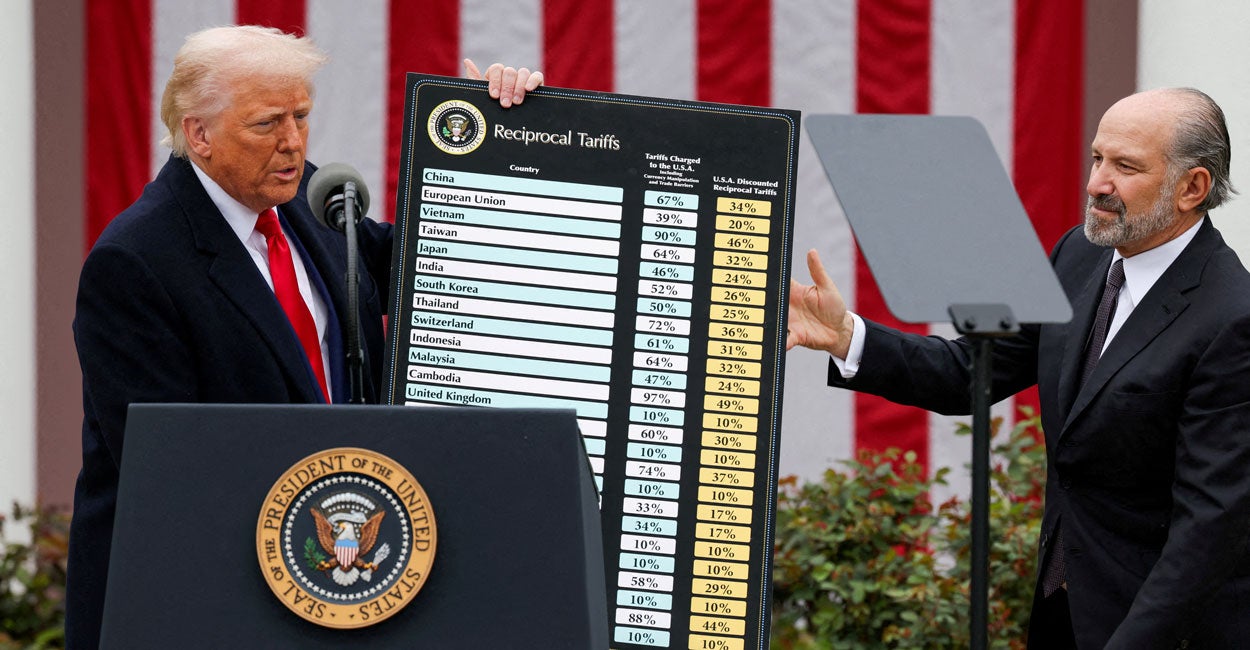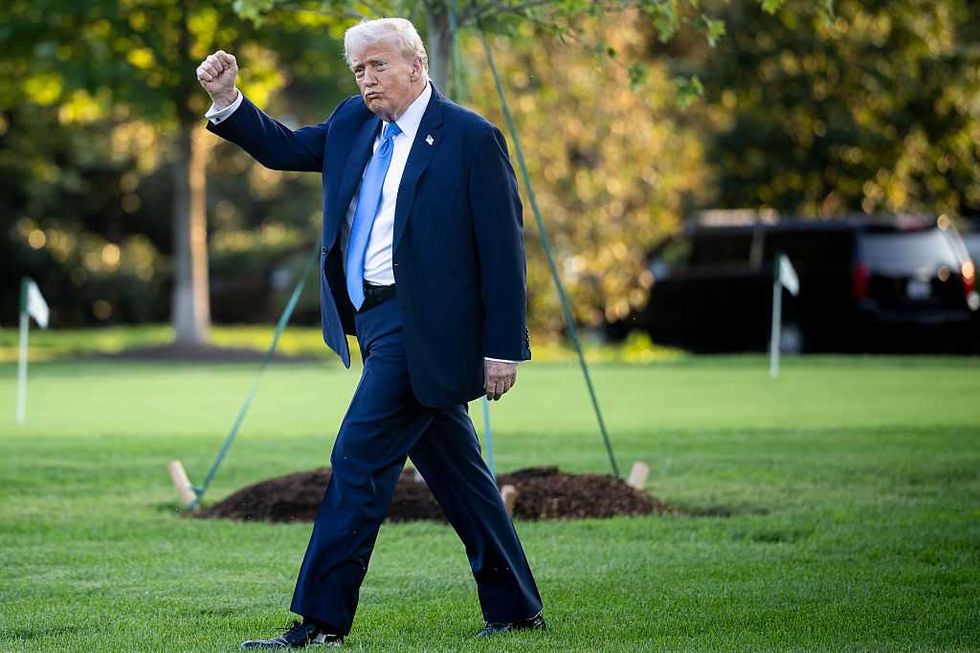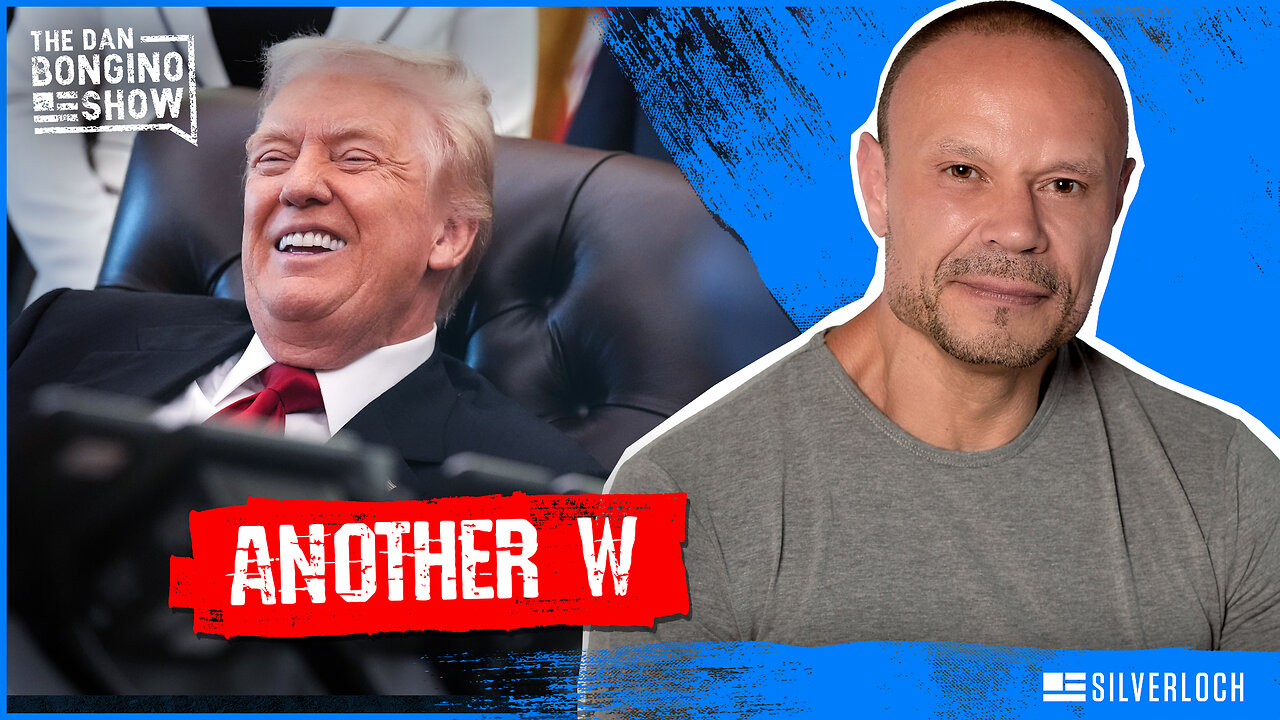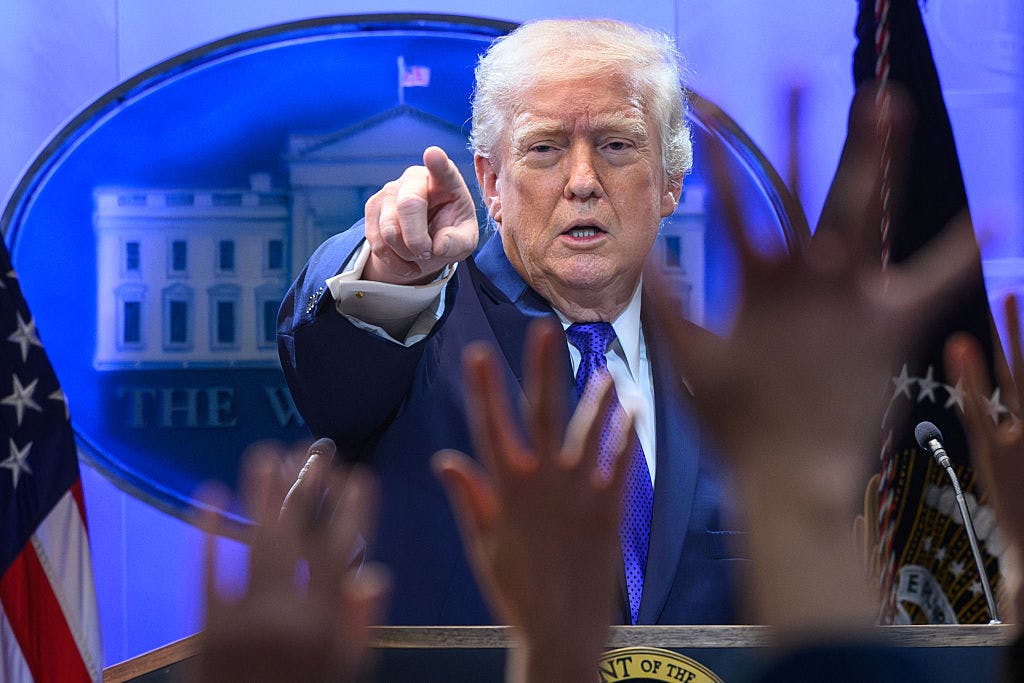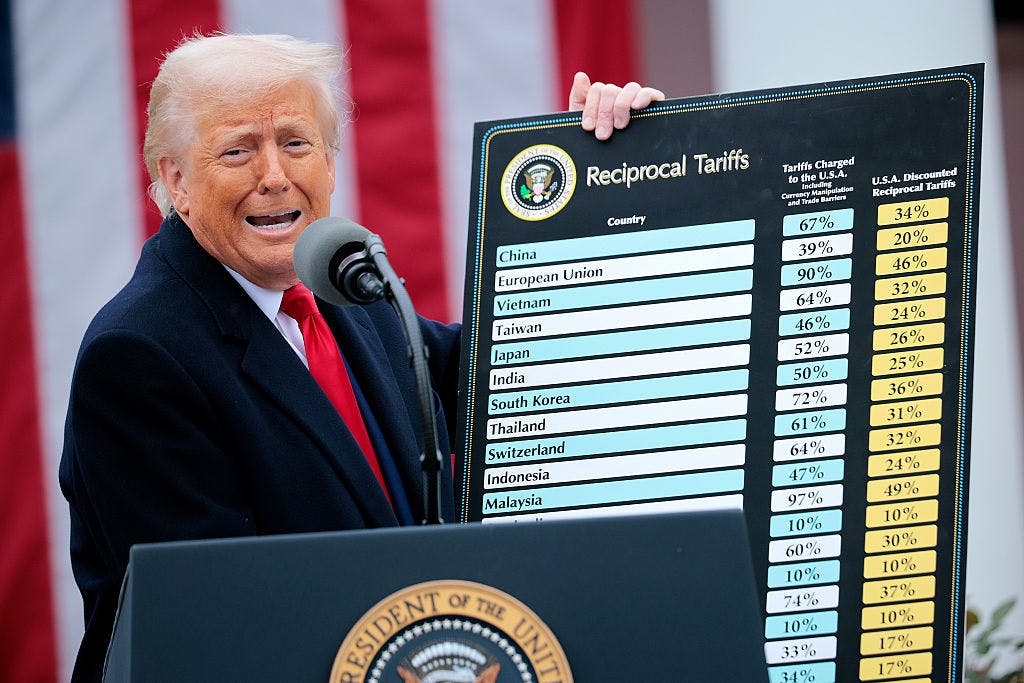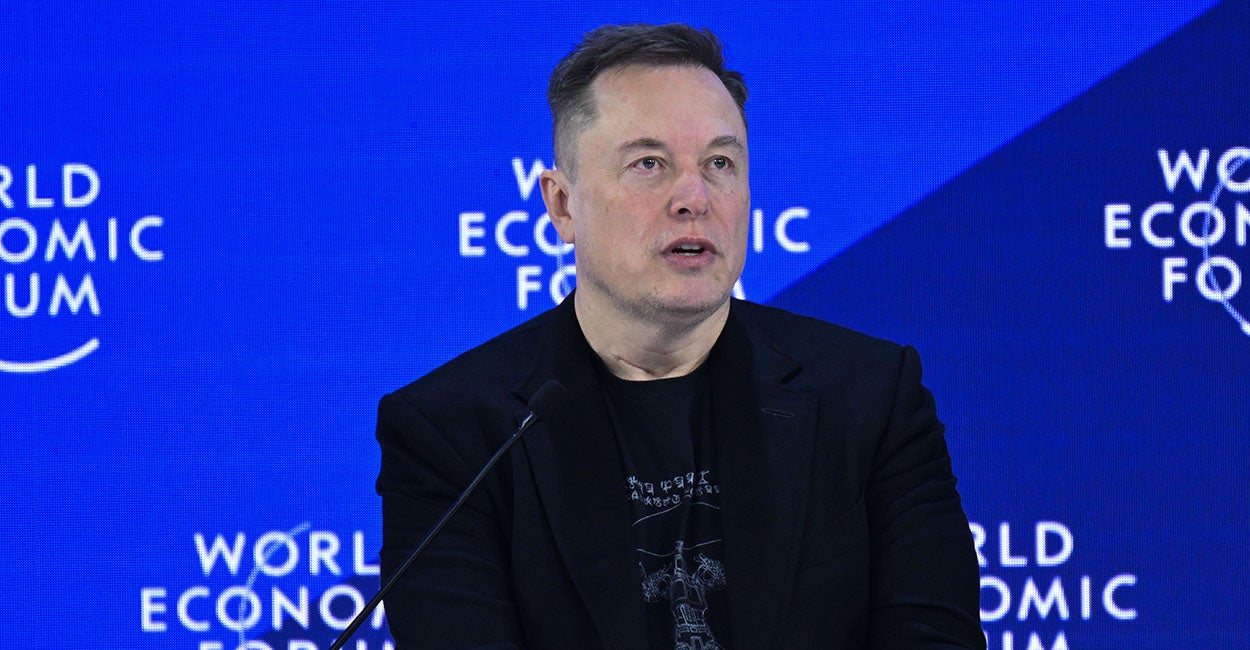How China built a solar-powered back door into millions of American homes
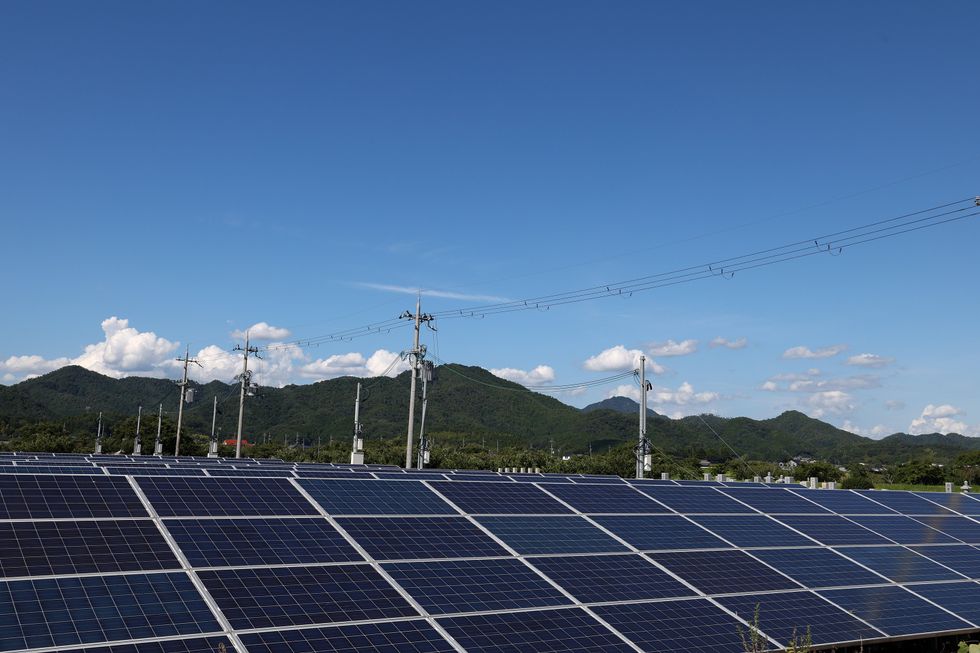
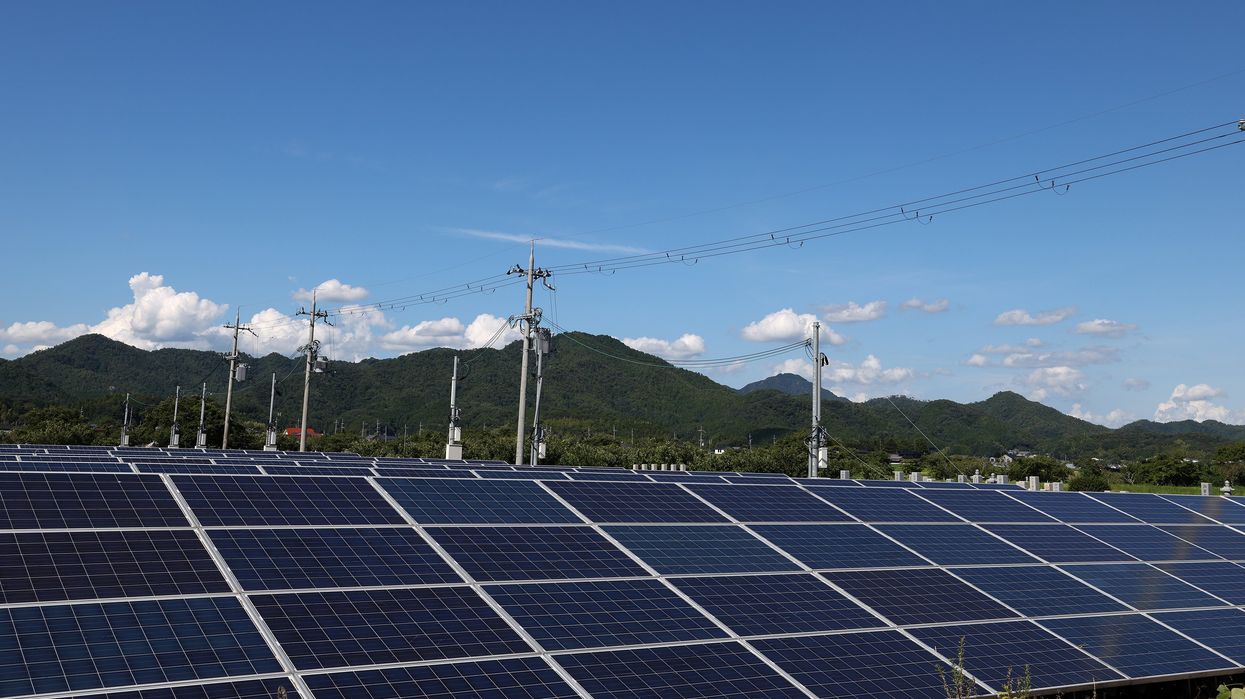
America is sleepwalking into disaster. The rush to renewables, pitched by many progressives as patriotism in action, is in fact tying America to its greatest rival.
Live Your Best Retirement
Fun • Funds • Fitness • Freedom
The story is sold in sunny ads about cheaper power bills and endless solar arrays glistening on rooftops. The truth is much darker. Behind those panels, behind the inverters that hum quietly in basements and back yards, stands the Chinese Communist Party.
For Beijing, solar was never about saving the planet. It was about power. Billions in subsidies turned factories into arsenals, entire cities redesigned to churn out polysilicon wafers and panels at a scale the West could never rival. Today, the result is plain. Four out of five solar panels in the world are built in China. Even when an American installer stamps “Made in the USA” on a box, the guts are usually Chinese. The supply chain runs through Xinjiang, through state-backed giants, through companies that move at the command of the CCP.
Beijing learned from the Huawei fight: infrastructure, not handhelds, is where real leverage lies.
The panels alone are only part of the story. The real danger lies in the hardware that makes them run. Inverters convert solar energy into usable power, but they also connect to the internet. That connection is sold as a feature: easy monitoring, remote diagnostics, seamless integration with smart homes.
Yet in practice, it is a back door. Investigators have uncovered hidden cellular radios, unexplained communication gear, and unexplored code in some Chinese-made units. If you were designing a system to surveil and, in the worst case, sabotage America’s grid, this is what you would build. Not just panels on rooftops, but an invisible nervous system running through the veins of American infrastructure. A lattice of cheap hardware, each piece quietly phoning home, each update carrying the potential to flip from clean energy to controlled chaos.
Washington already knows the risk. Huawei was banned from U.S. telecom networks years ago. Its name became shorthand for Beijing’s ambition to burrow into the very organs that keep the West alive. But banning Huawei in phones and towers didn’t end the threat. In this ever-evolving game, you smash one head and another 17 appear. What once came packaged as 5G now arrives in solar panels, in batteries, in electric vehicle supply chains. Beijing learned from the Huawei fight: infrastructure, not handhelds, is where real leverage lies.
RELATED: China’s soft-power trap in your back yard: How the CCP uses sister cities to undermine America
 Photo by Nurphoto/Getty Images
Photo by Nurphoto/Getty Images
This shouldn’t surprise anyone who has watched how China operates. Today, energy is not simply commerce but geostrategy. Control the inputs, and you control the future. Just as OPEC once dictated terms to the West by controlling oil, Beijing now holds the choke points of renewables. It has mastered the art of dependency, shifting the world’s reliance from barrels of crude to solar wafers, lithium, and rare-earth elements.
America’s lawmakers cheer each new solar farm, each new promise of “energy independence,” but the irony is bitter. Panels in Texas and Arizona may harvest American sunlight, but the lifeblood of those systems runs through China. The dream of independence has been traded for dependency of another kind: one not anchored in Middle Eastern oil fields but manufactured in Chinese factories and mined from Chinese-controlled terrain.
The consequences are sobering. Imagine a geopolitical crisis over Taiwan. Imagine rising tensions in the South China Sea boiling over. At that moment, America’s electric backbone, already fragile, could become a pressure point. Beijing wouldn’t need to launch a cyberattack. It would simply stop shipping the parts that keep panels running. Maintenance schedules would collapse. Replacement units would vanish. Thousands of megawatts of installed capacity would falter.
A stoppage wouldn’t just dim lights in California or freeze grids in Connecticut. It would ripple through hospitals, data centers, water treatment plants. Whole cities could grind to a halt. America would find itself in a 21st-century hostage crisis. No bullets fired, no bombs dropped; just the cold squeeze of withheld shipments.
Moreover, a compromised inverter, one that responds to servers overseas, is a potential weapon. American intelligence agencies have repeatedly warned about Chinese code found in critical infrastructure. A solar farm riddled with networked devices is no exception. What looks like a harmless box converting sunlight into usable current could, in the wrong hands, act as a switch. Imagine thousands of them going dark or, even worse, surging all at once.
The lesson is clear but unheeded. Energy sovereignty is not a slogan. It cannot be faked with subsidies while leaving the supply chain overseas. Real sovereignty requires mines, refineries, factories, and the political will to endure their messiness. It requires breaking the habit of outsourcing everything dangerous, everything dirty, to China and then pretending the ledger is clean.
This is the world China wanted: a globe wired to its factories, its materials, its technology. It’s time to break free. Because there’s no such thing as MAGA if America kneels to a nation that despises everything it stands for. A country that crushes faith and despises Western values cannot serve as the backbone of American renewal. To rely on China is to outsource sovereignty. Cut the cord, or watch greatness slip away forever.
Originally Published at Daily Wire, Daily Signal, or The Blaze
What's Your Reaction?
 Like
0
Like
0
 Dislike
0
Dislike
0
 Love
0
Love
0
 Funny
0
Funny
0
 Angry
0
Angry
0
 Sad
0
Sad
0
 Wow
0
Wow
0


